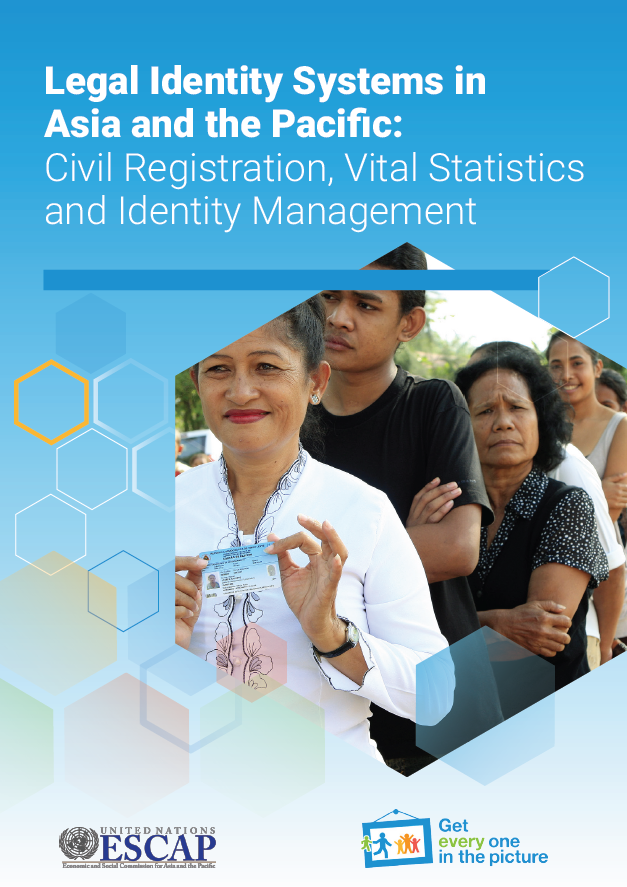This paper discusses the relationship between civil registration and identity management systems in Asia and the Pacific, providing an overview of the approaches taken to develop and strengthen legal identity systems. It describes the functionalities of legal identity systems and the key components of present-day systems, highlighting the increasing role of digitization and structural re‑organization in system reforms. Using country-specific case studies, the document outlines the diversity in the structure of legal identity systems across the region, and of the steps taken to strengthen links between civil registration and identity management. The document emphasizes the fundamental role of universal civil registration for ensuring a well-functioning, inclusive legal identity system and underscores the importance of prioritizing coordinated investments in both. The paper does not delve into the importance of these systems for the production of vital statistics, but it is taken as a given, that well-functioning systems should facilitate the use of data for this purpose, in alignment with the UN Principles and Recommendations for a Vital Statistics System.*
* United Nations, Department of Economic and Social Affairs (2014). Principles and Recommendations for a Vital Statistics System, Revision 3.


